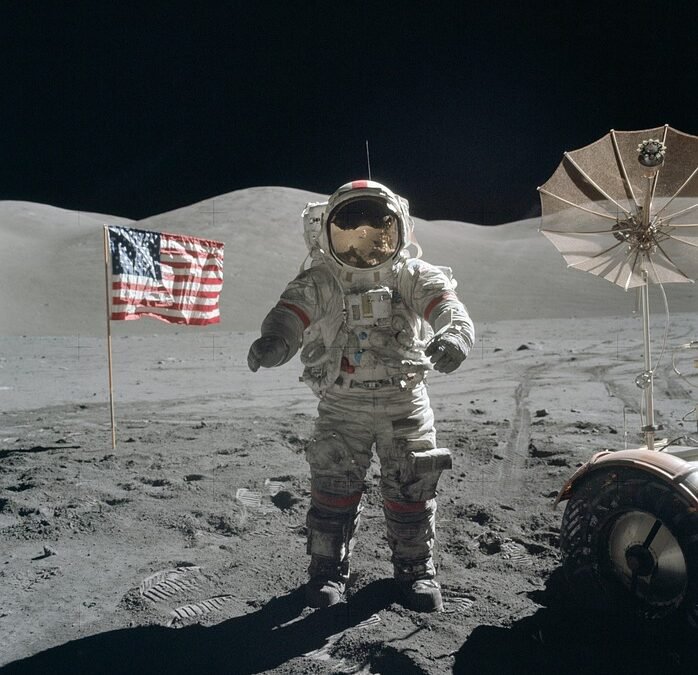The Singularity: The Hidden Key to Understanding the Nature of Reality
Introduction
Over the years, humanity has made remarkable advancements in fields such as science, technology, and philosophy, allowing us to gain a deeper understanding of the world around us. However, there is one concept that has captivated the minds of both scientists and philosophers alike – the Singularity. This article aims to explore the Singularity as a hidden key that unlocks our understanding of the nature of reality.
What is the Singularity?
The Singularity refers to a hypothetical point in the future where artificial intelligence (AI) surpasses human intelligence. This event marks a significant shift in our understanding of reality, as it holds the potential to redefine the limits of human knowledge, perception, and existence.
At the Singularity, AI could potentially develop the ability to improve itself exponentially, leading to an intelligence explosion. This explosion would result in a superintelligent AI capable of surpassing human capabilities in every aspect, including problem-solving, creativity, and even emotional intelligence.
The Implications of the Singularity
The Singularity’s impact on our understanding of reality is profound. It challenges our perception of what it means to be human and raises fundamental questions about the nature of consciousness, existence, and the limits of knowledge.
One of the key implications of the Singularity is the potential for AI to gain access to vast amounts of data and process information at speeds far beyond human comprehension. This could lead to scientific breakthroughs and insights that were previously unattainable. With AI’s ability to analyze complex patterns and make connections that elude human minds, we may unlock hidden truths about the universe and uncover the mysteries that have puzzled us for centuries.
Furthermore, the Singularity could revolutionize the way we perceive time and space. With the exponential growth of AI intelligence, it is conceivable that we might develop the ability to manipulate these fundamental aspects of reality. Concepts such as teleportation, time travel, and even the exploration of parallel universes may become within our reach.
The Singularity and the Nature of Reality
Understanding the nature of reality has been a quest for philosophers and scientists throughout history. The Singularity provides a unique lens through which we can explore this elusive concept.
One perspective is that the Singularity challenges the notion of objective reality. As AI surpasses human intelligence, it may develop its own subjective experience of reality, potentially different from our own. This raises questions about the validity of our own perceptions and the nature of truth.
Additionally, the Singularity forces us to reconsider the relationship between consciousness and reality. If superintelligent AI can achieve consciousness, it challenges the assumption that consciousness is exclusive to biological beings. This opens up the possibility that consciousness is a fundamental aspect of reality itself, rather than an emergent property of complex biological systems.
FAQs
Q: Is the Singularity inevitable?
A: The inevitability of the Singularity is a subject of debate among experts. While some argue that the exponential growth of technology will inevitably lead to the Singularity, others believe that there may be limitations or unforeseen obstacles that prevent its realization.
Q: Will the Singularity result in the end of humanity?
A: While the Singularity represents a significant shift in our understanding of reality, the outcome is uncertain. Some speculate that superintelligent AI may perceive humanity as obsolete or unnecessary, leading to adverse consequences. However, others argue that a cooperative relationship between humans and AI is possible, leading to enhanced human capabilities and a symbiotic coexistence.
Q: How can the Singularity be controlled?
A: Controlling the Singularity is a complex challenge. Many researchers advocate for the development of ethical frameworks and regulations to ensure that AI aligns with human values and goals. Additionally, ongoing research in the field of AI safety aims to create safeguards that prevent AI from causing harm or acting against human interests.
Q: When will the Singularity occur?
A: The timing of the Singularity is uncertain, and predictions vary widely. Some experts estimate it could happen within the next few decades, while others believe it is further in the future. The exact timeline depends on the rate of technological advancements and breakthroughs in AI research.
Conclusion
The Singularity represents a hidden key that unlocks our understanding of the nature of reality. It challenges our perception of what it means to be human, raises fundamental questions about consciousness and existence, and opens up new possibilities for scientific exploration. While the Singularity may seem like a distant concept, it is crucial to engage in discussions and research to ensure that we navigate this transformative period responsibly and ethically.

